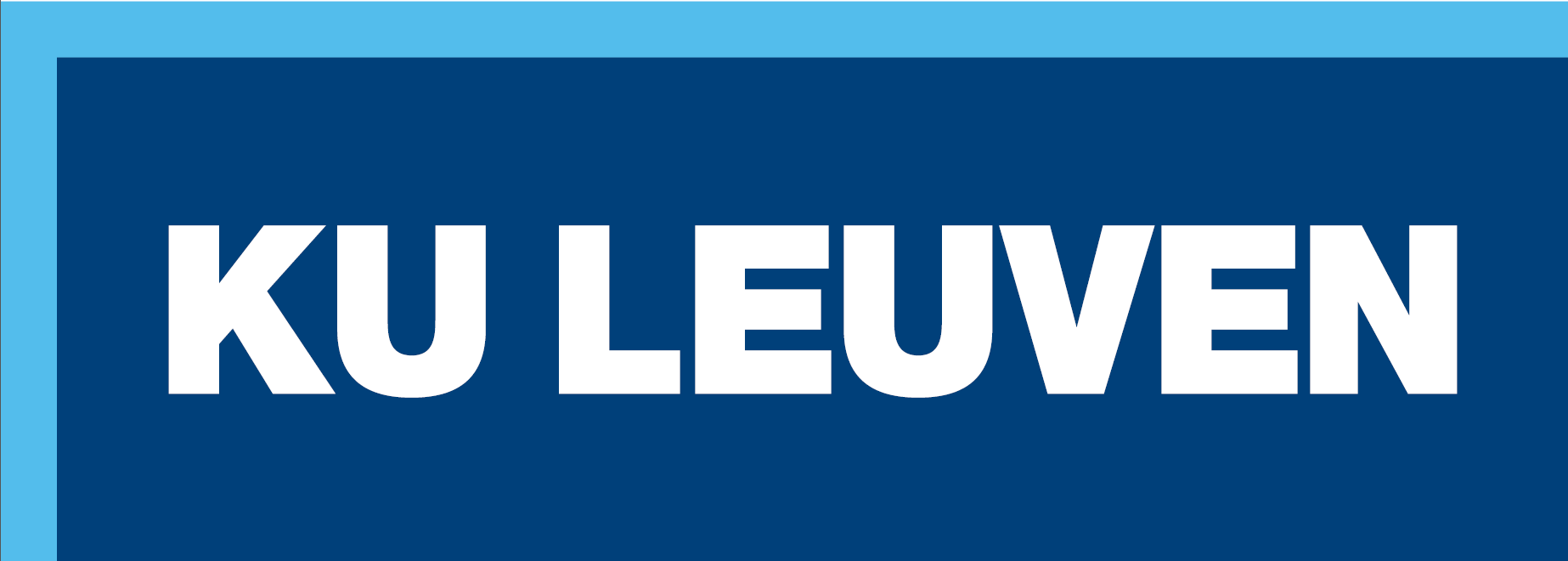| When | Wednesday, 21 November 2018 |
| Where |
The Cyprus Institute |
Event Description
On the 21st of November The Cyprus Institute formally launched the project Promised: Promoting Archaeological Science in the Eastern Mediterranean. Promised is funded by a H2020 ‘Twinning’ grant and aims at establishing a strong partnership between The Cyprus Institute’s Science and Technology in Archaeology and Culture Research Center (STARC), and two international leaders in Archaeological Sciences, KU Leuven in Belgium and the University of Cambridge in the UK.
This partnership will upgrade the scientific performance of STARC in Archaeological Sciences, with an emphasis on Archaeological Materials Science and Bioarchaeology, and help develop the doctoral training programme at The Cyprus Institute into an internationally attractive doctoral school in Cyprus.
The event commenced with a welcoming speech by CyI President, Prof. Costas Papanicolas and a brief introduction to the project by the PI and STARC Director, Professor Thilo Rehren, followed by insightful speeches by the Deputy British High Commissioner, Mr. Ian Whitting, OBE, and the Head of the Research Promotion Foundation’s Strategic Planning Unit, Dr. Kalypso Sepou. Concluding the formal part of the event, Dr. Nicolas Jarraud, Assistant Vice-President for Institute Affairs, and Dr. Konstantinos Kleovoulou, Head of the Graduate School at CyI, highlighted the international research collaborations and the high-quality graduate-level training at the Institute.
The project launch was followed by a Public Lecture by Professor Cyprian Broodbank, John Disney Professor of Archaeology at the McDonald Institute for Archaeological Research, University of Cambridge, and one of the key Promised partners. The lecture ‘The Dynamics of a Greek island town: New fieldwork on Paliokastro, Kythera’ showcased the potential of well-designed surface surveys to trace the archaeological past of the Eastern Mediterranean across whole landscapes, using Kythera as a case study.
For the next three years, training, research and dissemination initiatives will transform STARC into a regional Centre of Excellence in Archaeological Science that will collaborate closely with national and regional authorities and research partners in bringing the region’s past to light.







